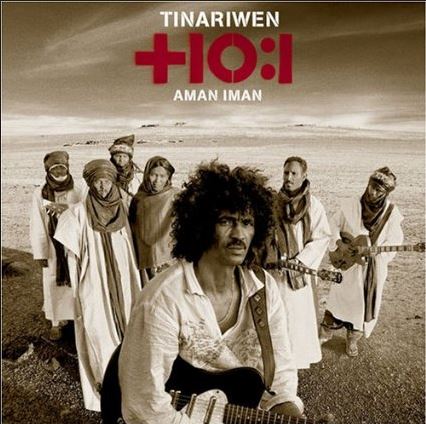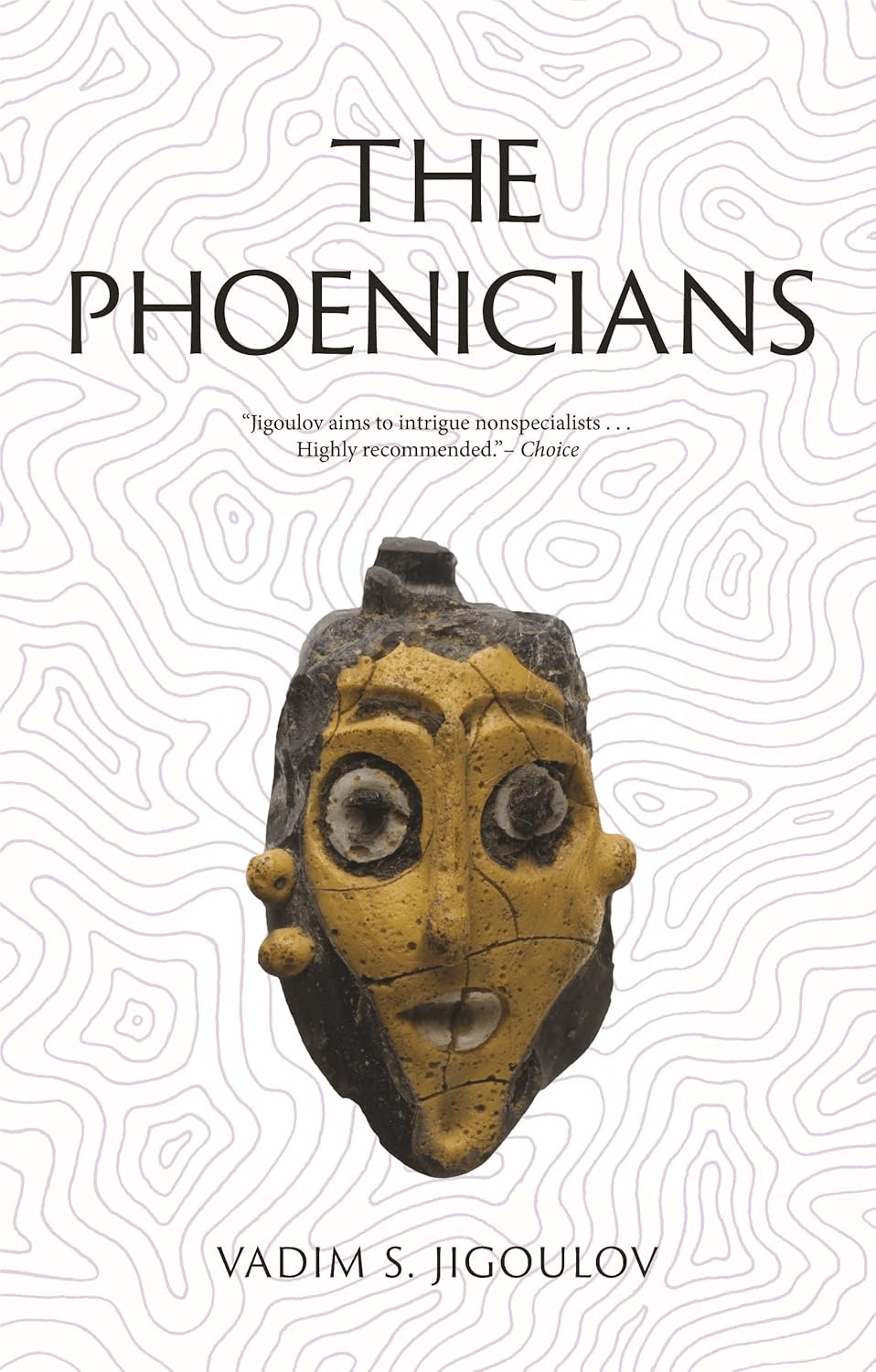
Aman Iman (Water is Life)
Tinariwen
Independiente
The third bite of the apple for the Tuareg group Tinariwen comes after a great deal of international touring and acclaim. In their wake a lot of bands playing a similar spare desert blues style have released CDs, but they remain the assured, undoubted leaders of the pack. There’s still a breathtaking spontaneity about the music (perfectly displayed by “Ahimana”), but there’s also a strong discipline and economy to the sound. It’s all wonderfully layered, built around hypnotic rhythms or guitar riffs, whether on the rolling “Toumast” or the slower “Soixante Trois,” with a natural sense of vast spaces in their playing that carries the listener into the grandeur of the alien landscape that fills “Imidiwan Winakalin.” They can become surprisingly funky, as on “Tamatant Tilay,” before bringing everything gently to rest with the acoustic “Izarharh Tenere,” a lilting, glistening pillow of a song. Listening to them is like hearing the raw, primal roots of rock’n’roll, finding the Ur-text of modern musical history, a wonderful voyage of discovery that leaves your sense of the world slightly changed. That’s a tall order for any group, but these nomads manage it. The only problem is, that’s a huge responsibility to live up to in future.
You may also be interested in...

Discoveries From Phoenician Seafaring City-States Reveal Trade, Not Conquest Bound Mediterranean World
Author Vadim S. Jigoulov’s The Phoenicians reveals that Phoenicia’s seafaring city-states bound the Mediterranean world via trade rather than conquest.
A Century of African Art, in 300 Voices, All in One Book
From Cairo to Khartoum to Casablanca, this volume traces how African artists have shaped—and reshaped—modern art over the past century.